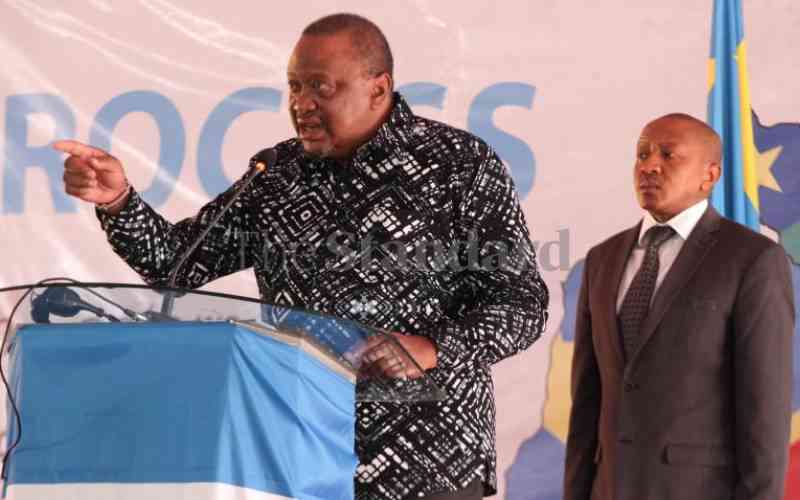×
The Standard e-Paper
Join Thousands Daily

Six months ago, former President Uhuru Kenyatta's word was law. His wish was nearly every politician's command. Today, he is isolated, with few friends. The men and women he moulded are making a career out of bashing him.
He could have expected a peaceful retirement, but it has turned into a battle for control within Jubilee Party, which he founded.